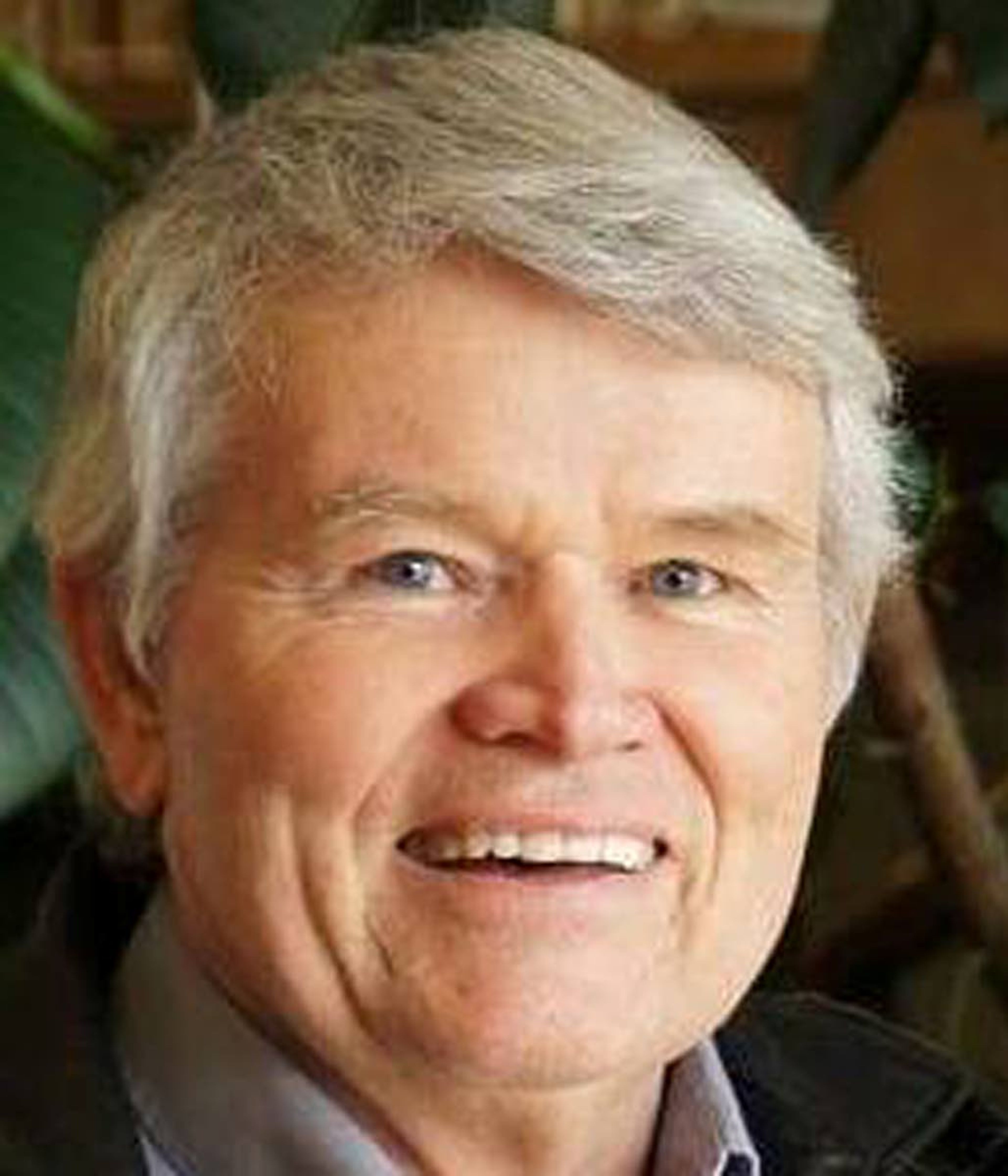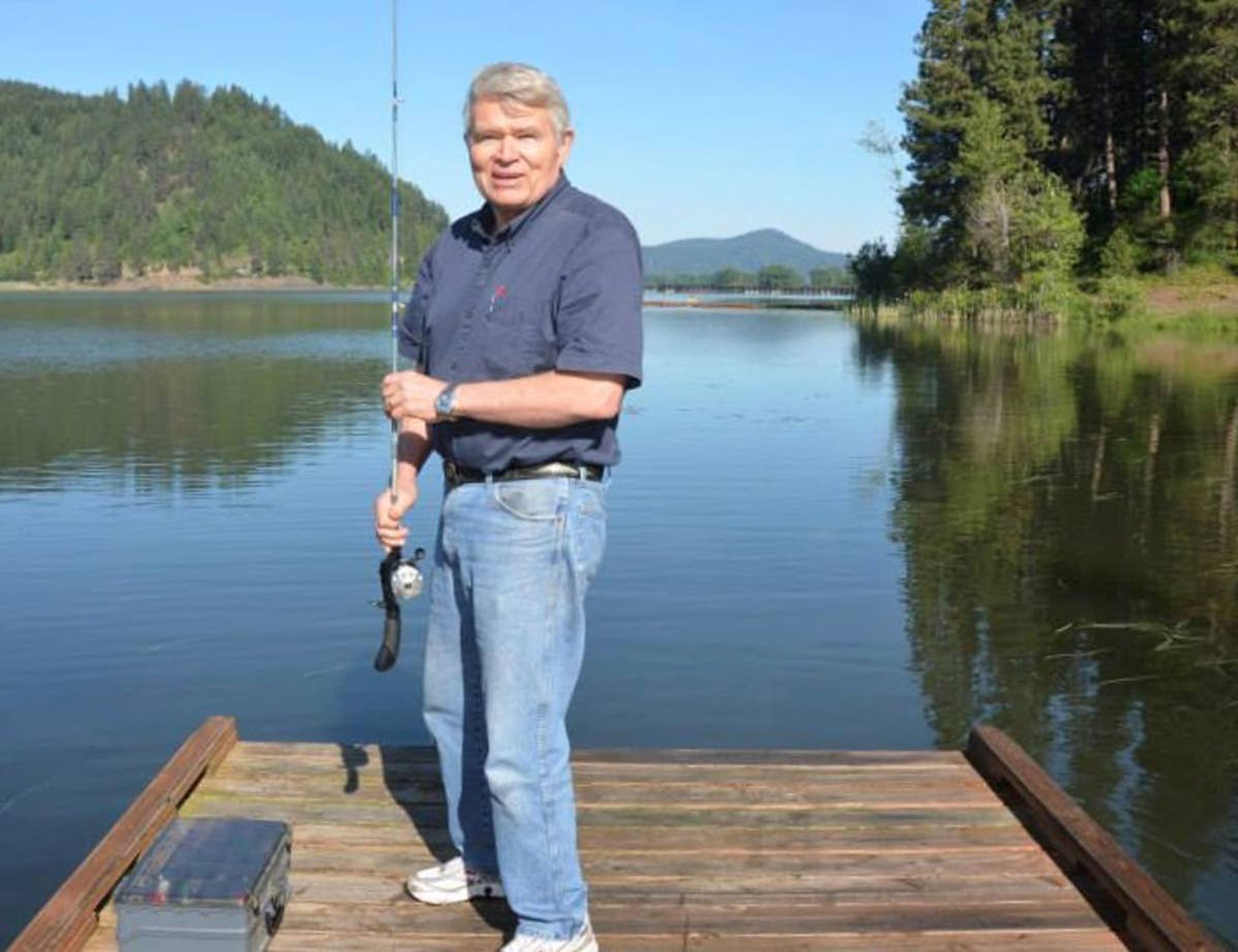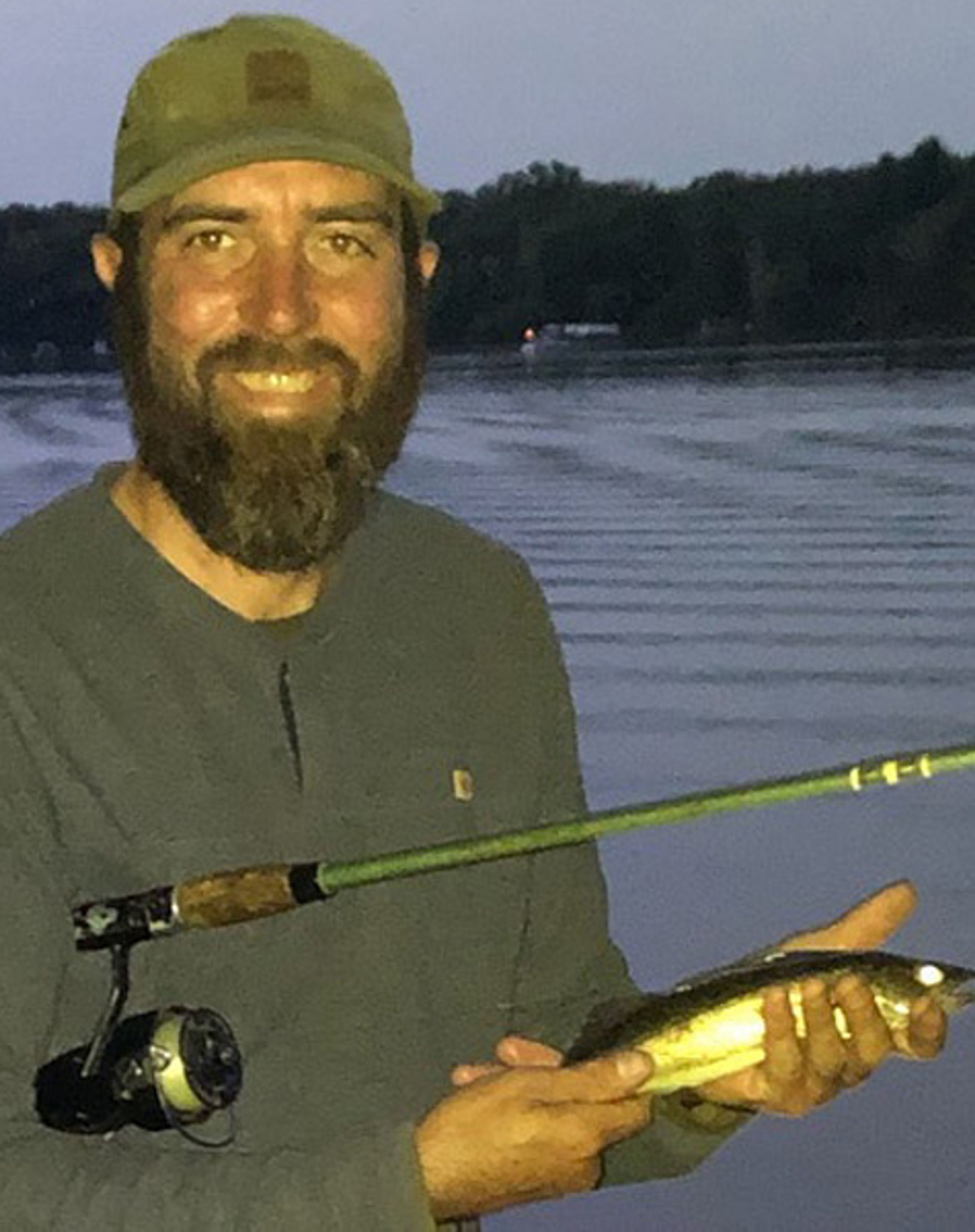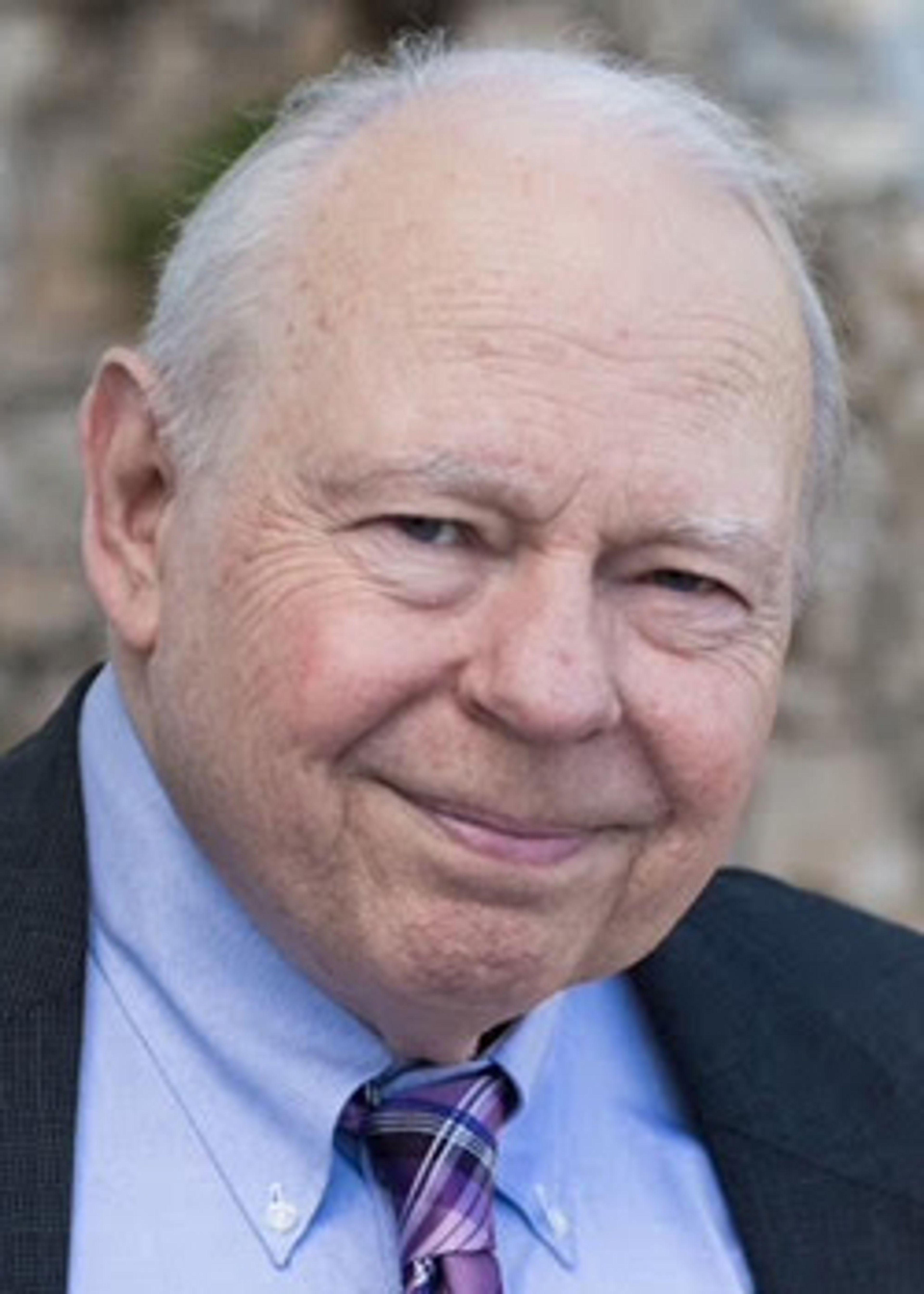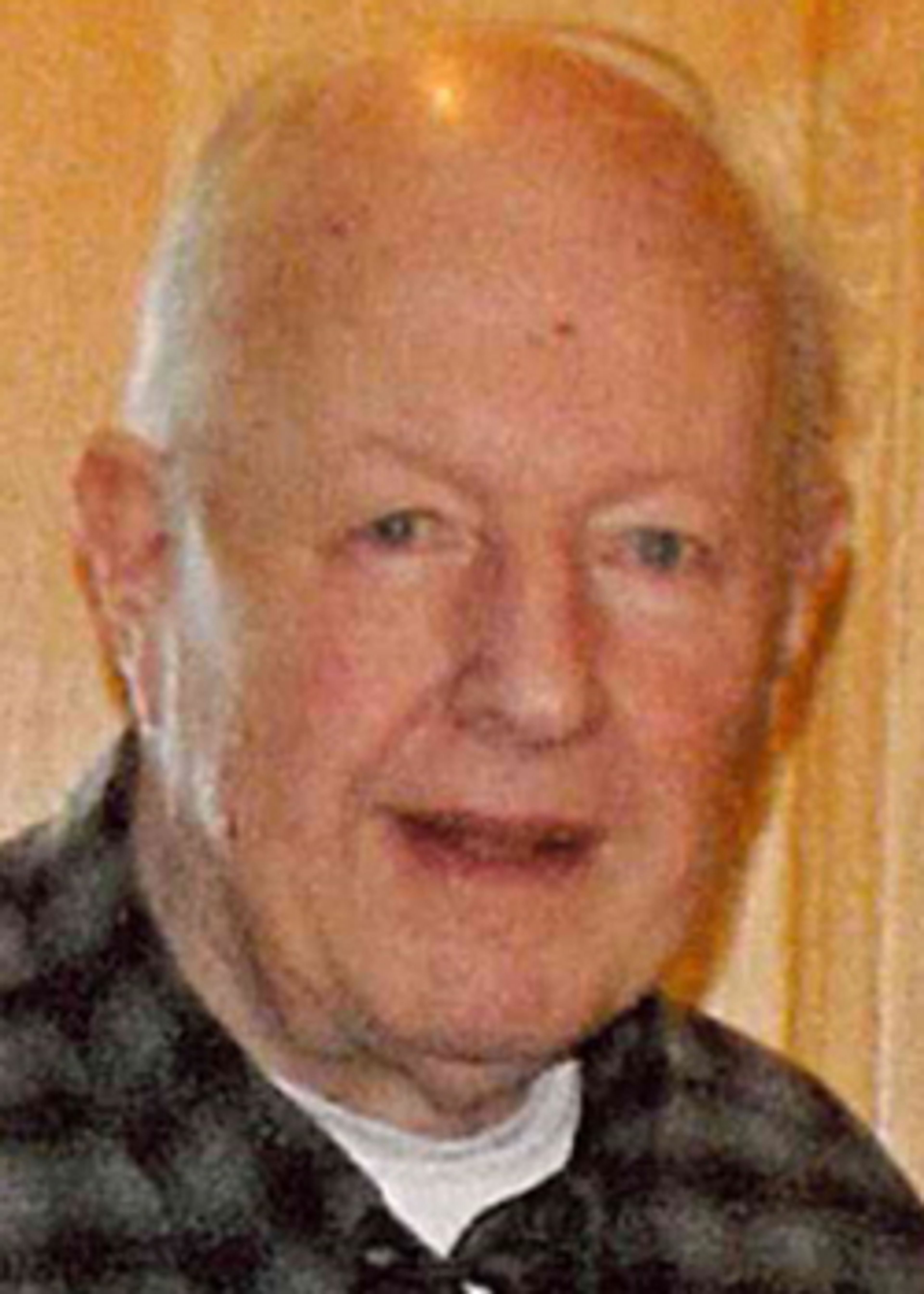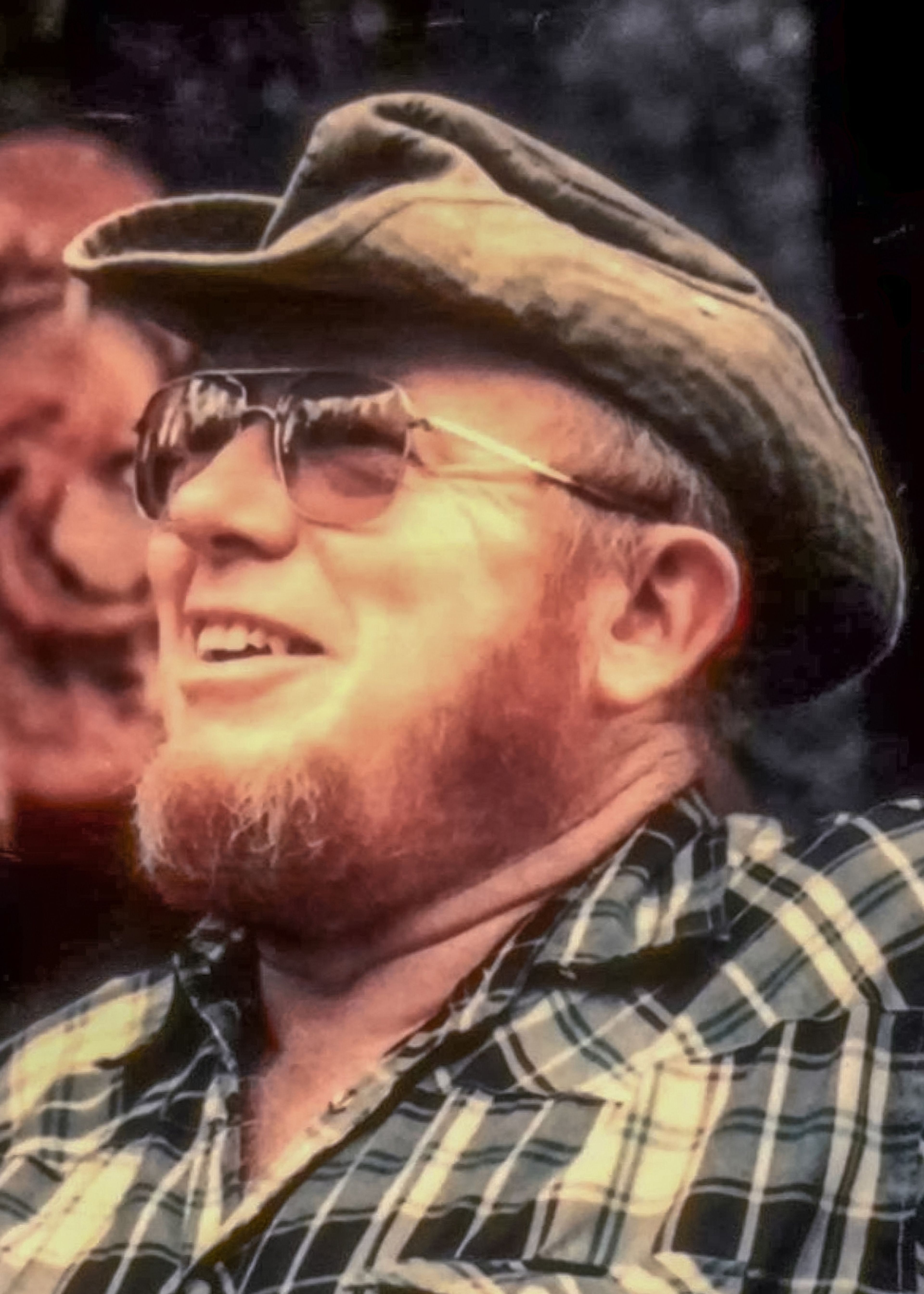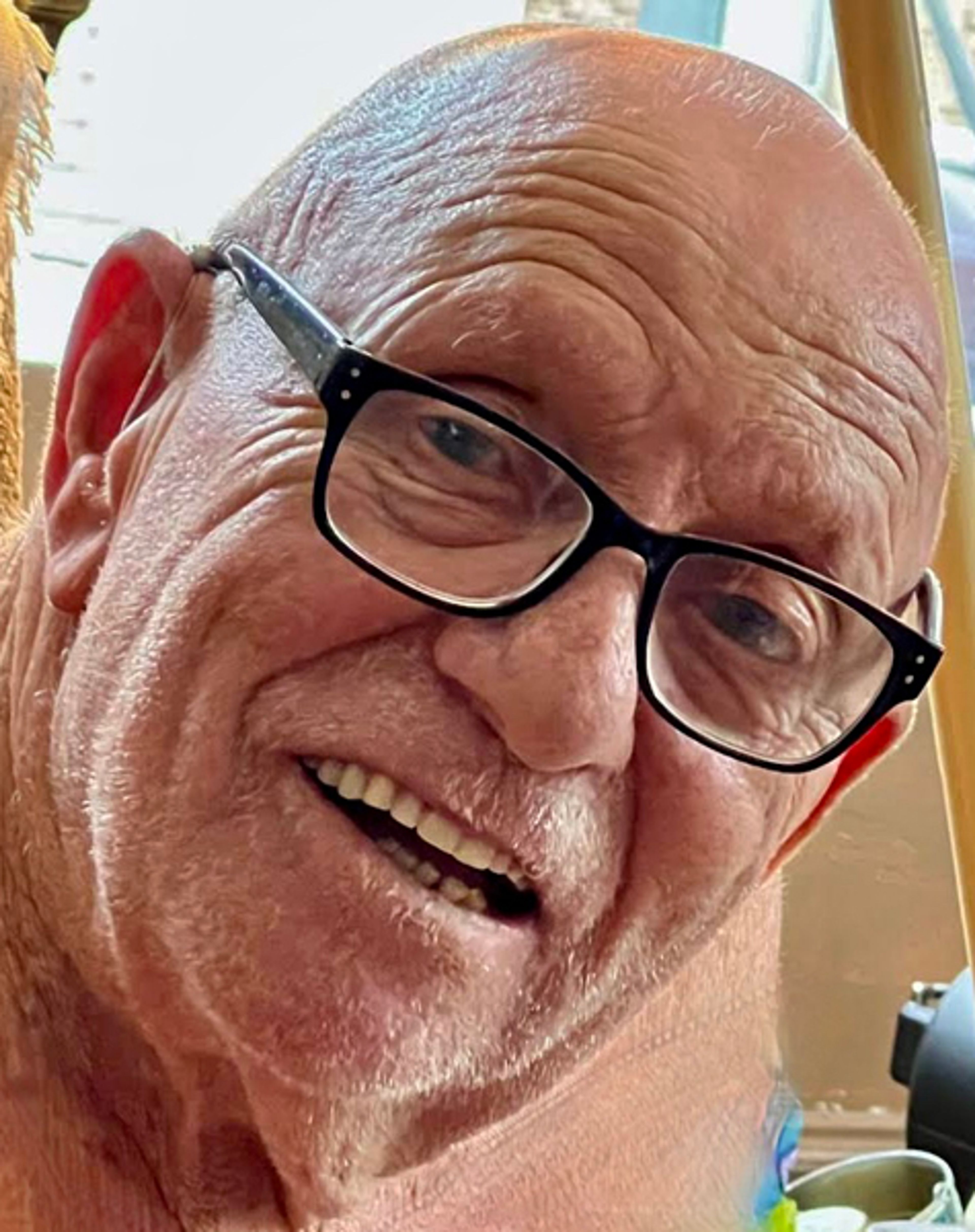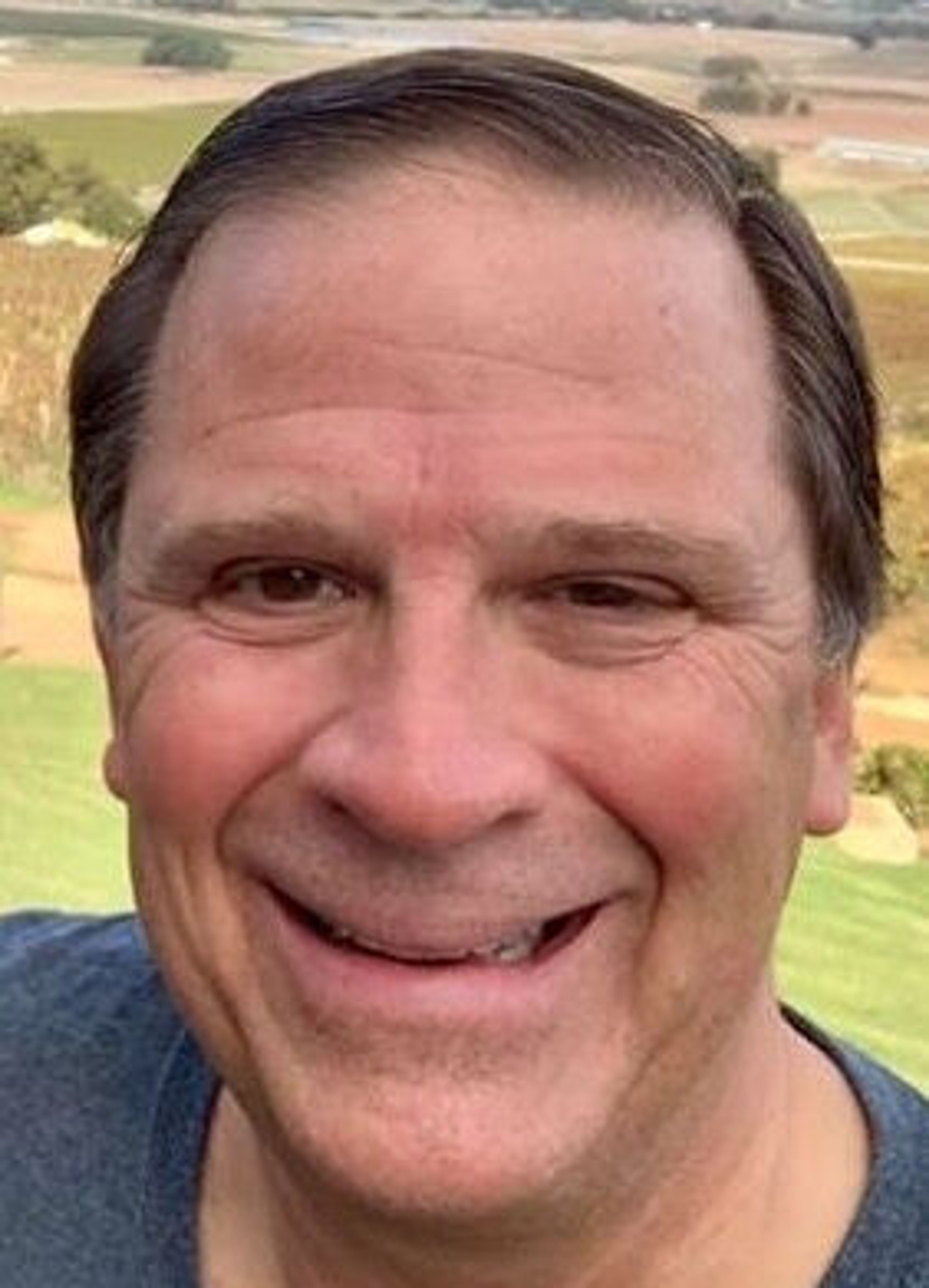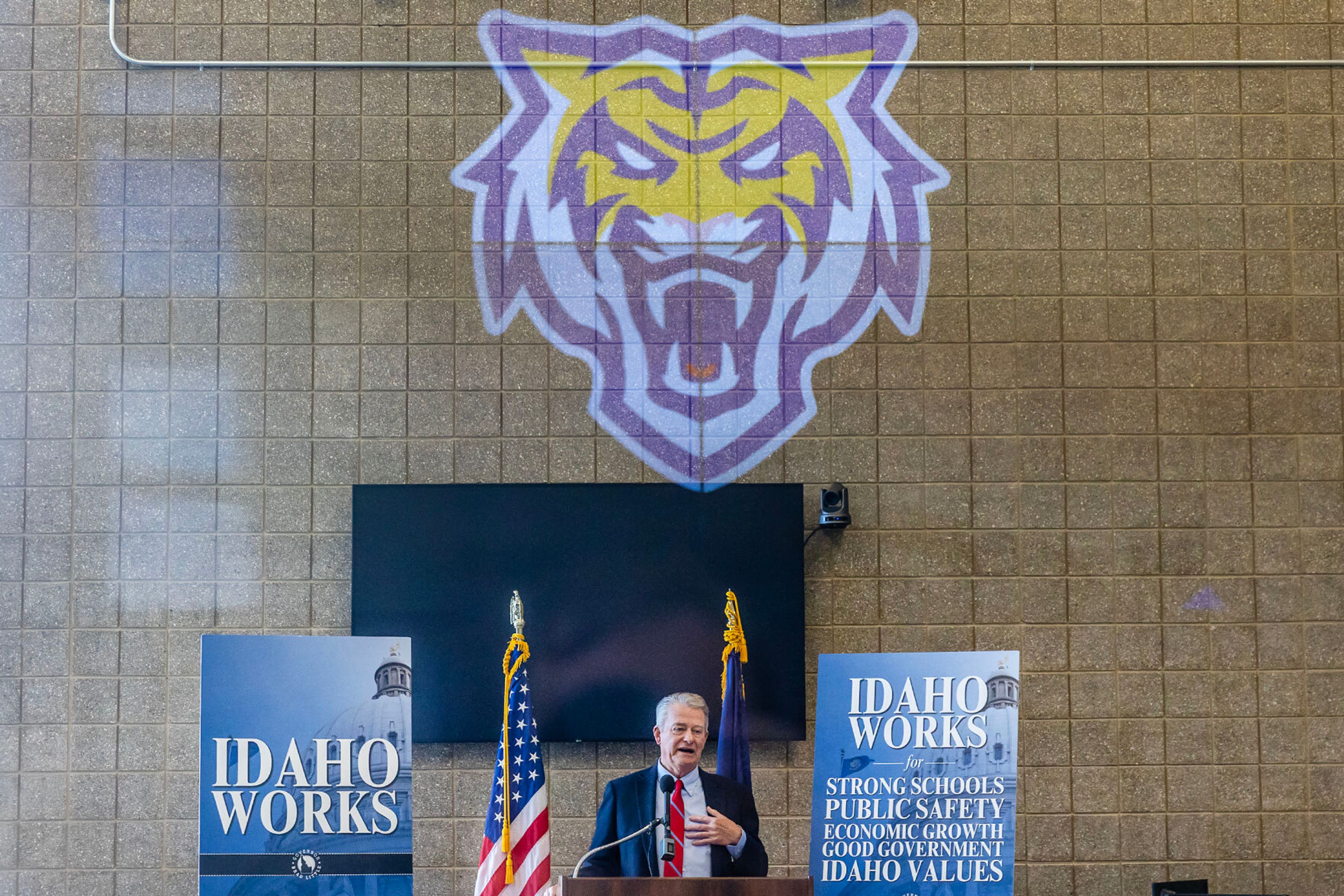“We are made of star stuff.” — Carl Sagan
Forrest W. Parkay, longtime professor of education at Washington State University in Pullman and textbook author, died unexpectedly of a pulmonary embolism at 3 a.m. Monday, Feb. 18, 2019, at Bangkok Hospital in Thailand. He was 74.
Dr. Parkay, who retired from WSU’s College of Education in 2015 after nearly 25 years of teaching and research, was vibrant and engaged as ever at the time of his death. He filled his few years of “retirement” with international travel, entrepreneurial projects, beginning to outline a memoir, and enjoying time with his grown children. He planned to move from Pullman to southwest Washington to be closer to his daughters, looking forward to Pacific Northwest summers paddling and casting a line from his new fishing kayak then wintering abroad with his wife and her family in Thailand. He also planned to continue teaching seminars at Beijing Normal University, working with his daughter, Catherine, as education consultants bringing progressive, student-centered learning opportunities to China, and launching a boutique soap and skincare line with his wife, Phensri, to name but a few of the many projects about which he was so passionate.
Forrest is survived by his wife of seven years, Phensri Noowong, step-daughter, Anchitta Noowong, daughters Catherine Parkay and Rebecca Parkay from his third marriage of 25 years to Arlene Parkay, daughter Anna Galois from his second marriage to Bobbie Parkay, his younger sister Chandler Dalbey, and older brother Scott Parkay.
Born in Normal, Ill., Aug. 20, 1944, to Inez and John Parkay, Forrest’s life was anything but. Childhood was unkind to Forrest who was shy, sensitive and profoundly intelligent. He found peace in the outdoors and later described his favorite places as “where wind rustles through pine trees and clouds float overhead, drifting in my kayak while listening to water lap against the side of the boat.” Young Forrest never would have guessed he’d come to be equally at home, “in busy, chaotic cities in other countries — Beijing, Bangkok, Nairobi or wherever.” His natural curiosity and drive to achieve eventually unlocked a world of adventure and opportunity.
Dr. Parkay studied English at the University of Illinois, graduating with a B.A. in 1967 and M.A. in 1969. He worked his way through a doctoral program by teaching at Dusable High School, which was by any measure the most dangerous and violent in America at the time. He wrote a book about his eight years there called “White Teacher, Black School: The Professional Growth of a Ghetto Teacher,” published in 1983. After earning his Ph.D. in Education from the University of Chicago in 1978, he taught for five years at Southwest Texas State University followed by eight years at the University of Florida. Forrest had always dreamed of the cooler climes, mountains and forests of the Pacific Northwest, and in 1991 landed a tenure position at Washington State University in Pullman, where he remained for the rest of his life.
Dr. Parkay was a prolific author with many publications to his name, most notable of which is “Becoming a Teacher,” first published in 1990, since translated into Mandarin and Indonesian, and currently in its 11th editon. In 1992, he traveled to Thailand for the first time, later returning as a Fulbright Scholar to teach at Kaesetsart University in Bangkok from 1996-97. This began over two decades of impressive leadership in international partnerships and education reform focused primarily on Pacific Rim countries.
As a true lifelong learner, Forrest was a voracious reader with particular interest in psychology, spirituality, meditation, the universe and globalization. He was serious about understanding the purpose of his life and the world as it really is, turning to experience and science to shape his worldview and eventually leading him to adopt a practice of secular Buddhism.
As kids, his sister gave Forrest the nickname “Fox,” imagining him as a “happy little fox frolicking in the forest.” He came to refer to himself as “Ajarn Fox,” reflecting his simultaneously serious and playful approach to life and scholarship. The last page he marked in the book on his bedside table at the time of his death, “The Wise Heart” by Jack Kornfield, begins with a description of Ajahn Chah’s forest monastery in Thailand. “The forest teams with a thousand species of bugs and beasts ... our practice was to live together with them all.” From such mindfulness, meditation and personal reflection emerged the most kind and peaceful version of Forrest, which those close to him will always cherish.
His death remains a great shock to his loved ones, colleagues and the many students whose lives he influenced through more than 50 years of teaching. A funeral service and cremation were held March 7-10, 2019, in Thailand at a Buddhist monastery, his cremains later repatriated to the United States. He now resides in his favorite fishing spot, Benewah Lake in Idaho, where you can watch the sunset from the dock or paddle out to the trestle, where he swears the fish will bite.
The College of Education will hold a memorial service 3-5 p.m. Monday, Sept. 23 at the Lewis Alumni Center in Pullman. In lieu of flowers, the family suggests making a gift to the Office of International Programs at WSU, sending a note of gratitude to a teacher, dedicating a meditation or doing some small act of kindness in honor of his memory.
